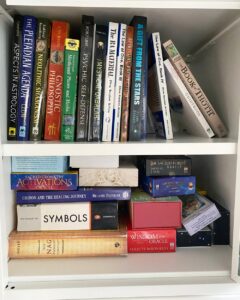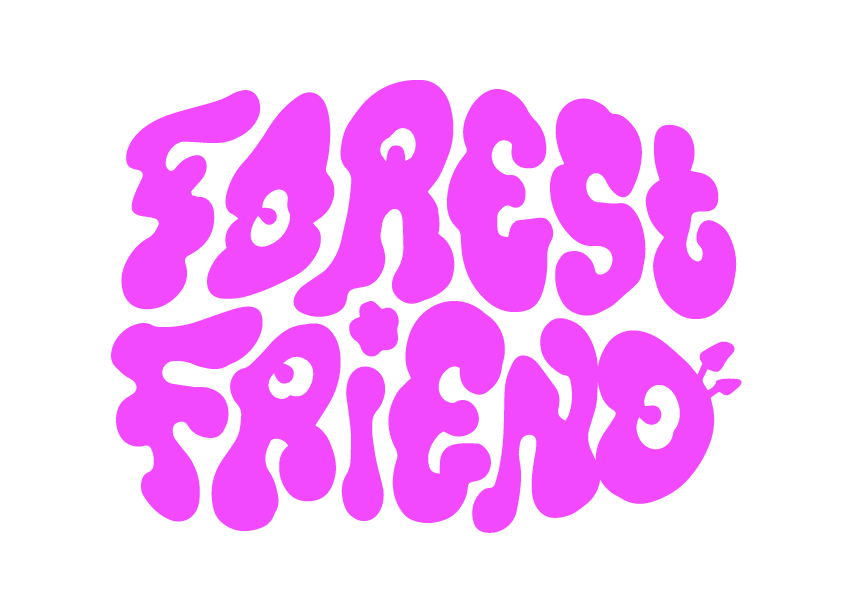
#1. Formulate your question to be as broad as possible while still constraining it to the subject matter you want to explore. The reason for this is to avoid prefiguring the response with your expectations. (This is sometimes difficult and sometimes impossible when reading for oneself. It is much easier when reading for another person.)
Example: Instead of “When will I get married?” ask, “What is my path to lasting romantic love?”
#2. Break down your query into several different aspects that can be addressed with several different decks. You will form relationships with decks that you work with, and they will begin to represent different domains of knowledge/wisdom and lend themselves to answering particular kinds of questions.
Example: If I’m ascertaining the meaning of the upcoming full moon, I might use an astrological oracle deck to answer broadly “What is the energy of this full moon?”. If I want to know more detail about “What insights or wisdom can I glean from this full moon?” I might use a deck that pertains to me personally, and/or one that has an alchemical theme (alchemy being concerned with the transmutation of matter), like the Thoth tarot.
#3. Prepare to receive deep and complex answers that may have multiple layers of meaning and interpretation. This is not a path to simple, decisive answers. Be ready to explore a plethora of insight into the themes you’re concerned with. If you’re patient, a story will emerge that will blast apart the preconceptions that brought you to the question you asked.
Example: “What does the movement of Pluto into Aquarius herald?” may be answered by using several different decks, each with a particular bent. An earthy deck could represent answers to the question that pertain to happenings on 3D earth. A fantasy deck could speak to transitional changes between levels of reality or awareness that Pluto will bring. A galactic deck would offer extraterrestrial perspectives.
#4. Allow your intuition and instinct to guide and adjust your question(s) as you read. Usually, the first impulse or thought that arises is what you want to trust. Flow with the symbols you’re seeing and digesting, and if a new direction emerges, explore. The point of reading cards is not to trust the cards themselves, but to trust the understanding that unfolds from your own interpretation and process.
Example: Maybe at first, your question is “How do I make more friends?” As you begin pulling cards, you notice multiple references to wounds or destruction. You may want to reformulate your question to be “What damage is preventing me from cultivating friendship?”

